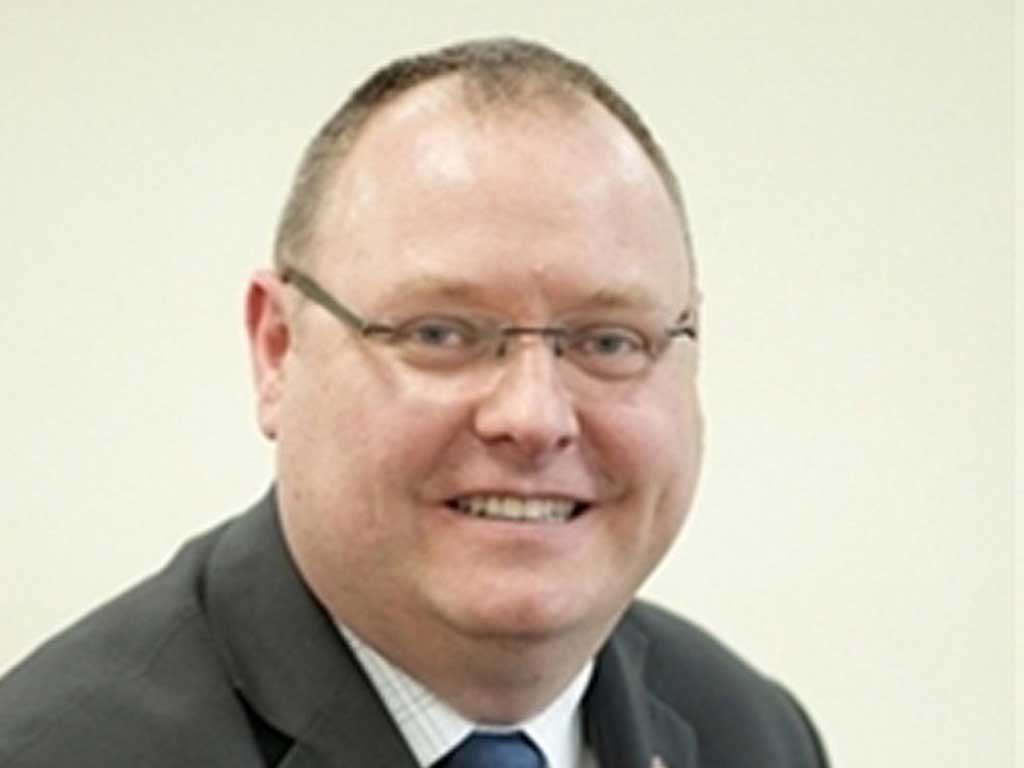Civil Service 'faces exodus of mandarins'
Whitehall union chief says Government should stop criticising and increase pay

Pension cuts, job losses and public criticism from ministers will trigger an exodus of civil servants unless the Government agrees to more competitive pay deals, the new head of the union representing senior Whitehall mandarins has warned.
Treasury economists, tax inspectors and lawyers will be enticed by better pay and conditions to the private sector, triggering a "crisis" and a bigger bill for taxpayers, according to David Penman, who takes over as general secretary of the FDA this summer.
In an interview with The Independent on Sunday, Mr Penman also condemned David Cameron's attack on Whitehall staff as "enemies of enterprise" and accused some ministers of conducting "government by private email", deliberating undermining the role of civil servants. The FDA has 19,000 members, including permanent secretaries, diplomats, tax specialists, schools inspectors and health service managers.
Last month the FDA voted to accept the Government's pension reforms, which demanded increased contributions from workers. It followed three years of pay freezes for the most senior staff, and increased workloads as colleagues are made redundant. Mr Penman said: "At some point you get to a situation where our members are saying 'enough's enough'. And those who have got the choice will start to go. If you don't start thinking about that now, you'll end up coming to a crisis point."
Staff turnover rates at the Treasury hit 28 per cent last year, up from 22 per cent in 2010. Late last year staff were reportedly emailed asking if they had any friends who wanted to work there, with officials remarking that staff turnover is now "higher than McDonald's". A Cabinet Office spokesman insisted that resignation rates across the senior Civil Service are low at just under three per cent.
But Mr Penman said the Treasury is "probably the area where people are most mobile and most competitive and interesting to the private sector". He added: "If you have got that in a recession, what are we going to face when we start coming out of recession?"
He conceded that it was a difficult case to make, even to propose pay rises at a time when the economy is still struggling, but insisted that you have pay if you want the best people in top-level jobs running the country. "If you are attacked in the street, who do you want prosecuting the case on your behalf? Do you want one of the best lawyers the Government can supply, or one of the cheapest?"
Tensions have risen between civil servants and ministers in recent months, culminating in the proposal from the departing Tory policy guru Steve Hilton that Whitehall jobs be cut by more than half and policy-making outsourced to think tanks. Mr Cameron also caused offence in a speech last year when he attacked civil servants as "enemies of enterprise".
Mr Penman warned that such damning public criticism of staff would not be tolerated in any other walk of life. "You would never expect the chief executive of any major company to talk about their staff like that. The Prime Minister shouldn't... What do you think the impact would be on morale and productivity?"
He also criticised the way Jonathan Stephens, the permanent secretary at the Department for Culture, Media and Sport, was left in the dark about the contact between ministers and advisers with News Crop during its bid for BSkyB. "There's a degree to which they operate government by private email accounts. I think there was a degree to which ministers and some of their conduct exposed and undermined the role of the permanent secretary in the Civil Service."
Join our commenting forum
Join thought-provoking conversations, follow other Independent readers and see their replies
Comments
Bookmark popover
Removed from bookmarks